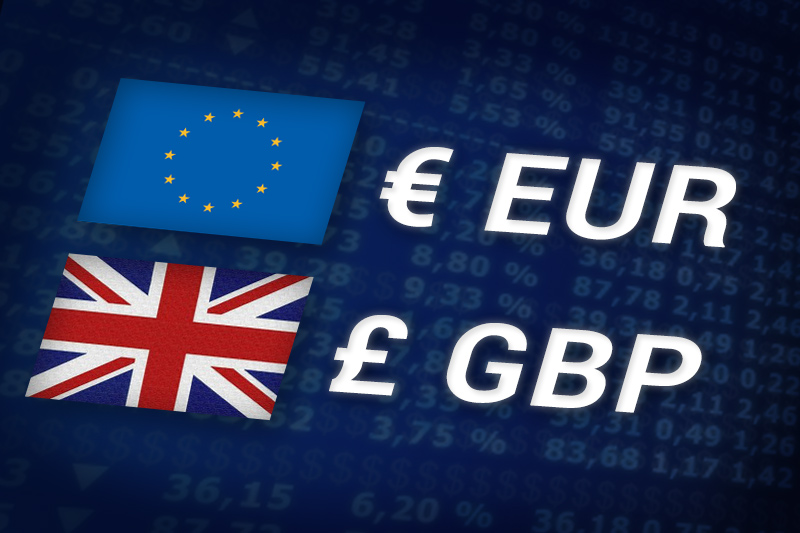Investing.com – The euro pared losses against the pound on Monday, pulling back from an eight-day low as the single currency found support amid speculation the European Central Bank may ease monetary policy in order to support the region’s economy.
EUR/GBP pulled back from 0.8653, the pair’s lowest since September 14, to hit 0.8691 during European late morning trade, still down 0.54%.
The pair was likely to find support at 0.8637, the low of September 14 and resistance at 0.8746, the day’s high.
The euro was supported by speculation that the ECB may cut interest rates to boost the region's economy, after governing council member Ewald Nowotny said that the possibility of interest rate cuts should not be ruled out.
A smaller-than-expected decline in the Ifo index of German business confidence for September also helped market sentiment.
But investors remained cautious after weekend meetings of leaders from the G-20 nations and the International Monetary Fund resulted in no fresh steps to tackle the debt crisis in the euro zone.
Elsewhere, Germany’s deputy finance minister said Sunday that a decision on Greece’s next tranche of aid was now unlikely to be made at a meeting on October 3rd as previously expected.
The euro was also lower against the U.S. dollar, with EUR/USD shedding 0.27% to hit 1.3460.
Also Monday, Bank of England policymaker Ben Broadbent said the pound was likely to remain weak for some time and that the slowdown in global growth would weigh on inflation.
The remarks came after last week’s minutes of the BoE’s September meeting indicated that policymakers are leaning towards implementing more monetary easing to boost the fragile U.K. economy, possibly as early as next month.
EUR/GBP pulled back from 0.8653, the pair’s lowest since September 14, to hit 0.8691 during European late morning trade, still down 0.54%.
The pair was likely to find support at 0.8637, the low of September 14 and resistance at 0.8746, the day’s high.
The euro was supported by speculation that the ECB may cut interest rates to boost the region's economy, after governing council member Ewald Nowotny said that the possibility of interest rate cuts should not be ruled out.
A smaller-than-expected decline in the Ifo index of German business confidence for September also helped market sentiment.
But investors remained cautious after weekend meetings of leaders from the G-20 nations and the International Monetary Fund resulted in no fresh steps to tackle the debt crisis in the euro zone.
Elsewhere, Germany’s deputy finance minister said Sunday that a decision on Greece’s next tranche of aid was now unlikely to be made at a meeting on October 3rd as previously expected.
The euro was also lower against the U.S. dollar, with EUR/USD shedding 0.27% to hit 1.3460.
Also Monday, Bank of England policymaker Ben Broadbent said the pound was likely to remain weak for some time and that the slowdown in global growth would weigh on inflation.
The remarks came after last week’s minutes of the BoE’s September meeting indicated that policymakers are leaning towards implementing more monetary easing to boost the fragile U.K. economy, possibly as early as next month.
